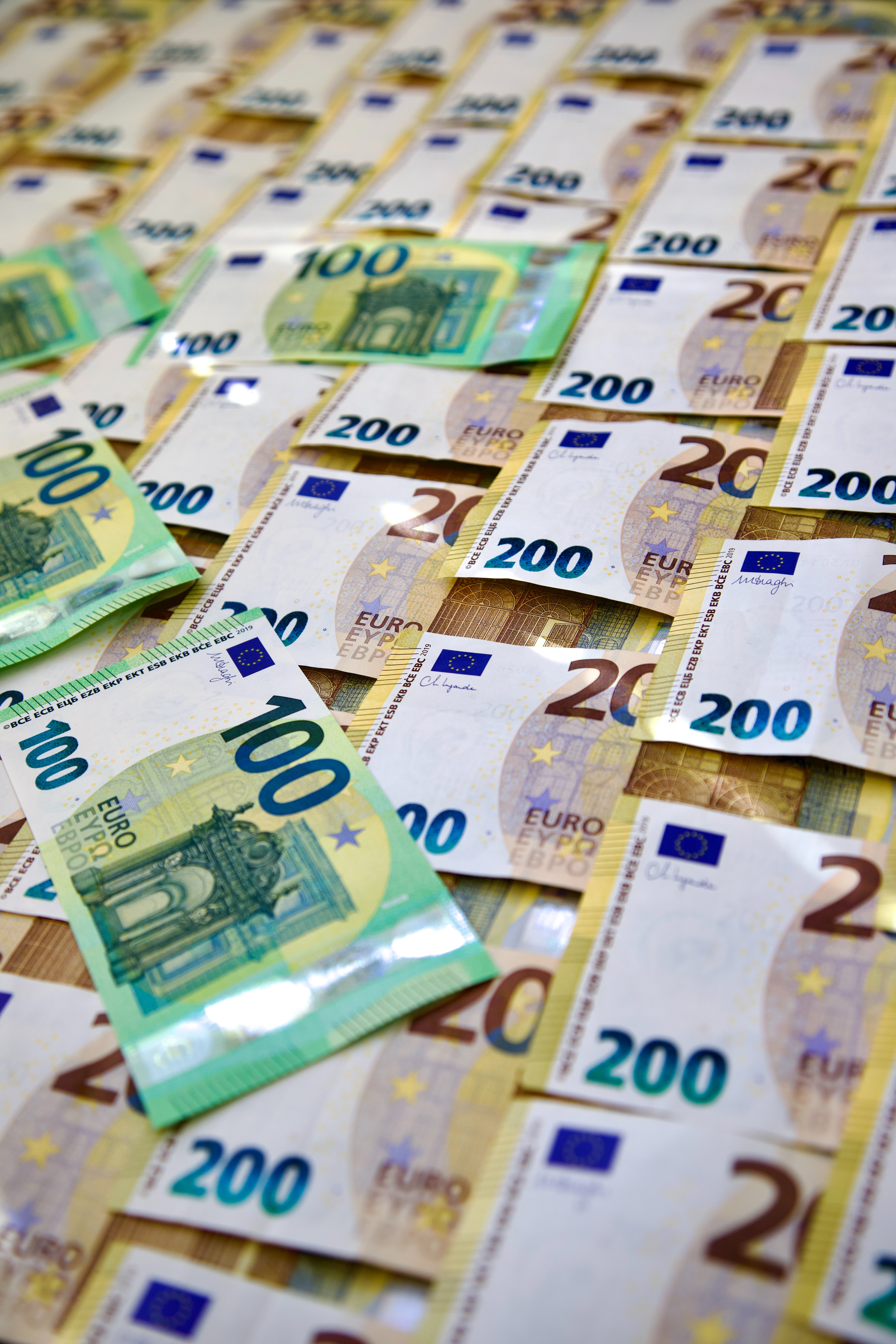Photo by Stock Birken on Unsplash
The Organisation for Economic Co-operation and Development (OECD) has just reported that the UK is the only G7 country where inflation has been rising, and one of the three worst amongst the 38-country OECD membership. The question is: why?
The UK Office for National Statistics blames three factors: Russia’s invasion of Ukraine, which had a major impact on energy costs as well as grain and fertiliser supplies, bad weather in North Africa and Europe hitting availability and prices of seasonal crops, and UK labour shortages leaving some crops unharvested (though no mention of Brexit). In its view the Government cannot be held to blame for any of these.
Senior Tories blame the Bank of England: Sir Jake Berry, former Conservative Party Chairman, told GB News the Bank’s officials were “asleep at the wheel”, adding “Andrew Bailey is pursuing what I call blobonomics, which is the sort of flawed economic principles of the Treasury”. Sir Jacob Rees-Mogg described the Governor as “chief ostrich” with his head in the sand.
The Bank blames the tight labour market, with more than a million job vacancies, with exceptionally high numbers of people not returning to work post-Covid.
Secretary of State for Work and Pensions Mel Stride says nobody is to blame, as inflation is a common problem across the EU with UK food inflation lower than Germany, Portugal and Sweden. For the record, inflation in those three countries is now lower than the UK and on a downward curve.
The one thing they all agree on is that no blame should attach to the Government. This is total nonsense, as the current inflation was home-made in Downing Street.
The latest Statista report shows that UK Government debt exceeded £2.3 trillion in 2021/22, a record increase of £400 billion over 2019/20, when Rishi Sunak was Chancellor and spending grew massively during the pandemic. According to the Office for Budget Responsibility the interest bill alone will reach £115 billion this year.
The European Commission assesses that the UK’s debt will soar way above Italy, currently Europe’s most indebted nation, and far higher than the US or Japan. It says the reason the UK’s debt is so high is because more than a fifth is linked to inflation – far higher than other major economies.
The helpful advice from Sunak is simply that people “should hold their nerve”. This is unlikely to win the hearts and minds of the millions of working people facing increasing mortgage or rent bills while still struggling to pay for energy and food.
Talking to the BBC the Prime Minister spelled out what he saw as his own responsibilities regarding inflation, stating unequivocally “I have to manage the Government’s borrowing responsibly. If I make the wrong decisions and borrow too much money that puts fuel on the fire and keeps inflation higher for longer.” He seems to forget that when he was Chancellor that is precisely what he did, racking up an extra £400 billion of debt in the process.
Sunak’s intervention was welcomed at the time as saving jobs, especially for small businesses unaware of the final bill, but recently people have rightly asked why the funding was so high, so untargeted, and so open to obvious fraud. The problem was magnified with the Job Support Scheme (JSS) which would see workers getting three quarters of their normal salaries for six months. Seen as a successor to the furlough hand-outs, Sunak actually boasted the JSS was one of the most generous short-term schemes in the world. It was, and that was the problem. The Economist has highlighted that the UK heavily outspent other peer countries, spending over 23% of national income by comparison with around 13% in France.
The Chancellor’s move had been immediately criticised by Paul Johnson, Director of the Institute for Fiscal Studies, who said Sunak was returning to a policy “dreamt up on the hoof in 24 hours” in March. He described it as “wasteful and badly targeted for self-employed, No effort at targeting sectors/viable jobs for employees. Big contrast to the position just days ago”.
Meanwhile the Fresh Produce Consortium, representing some 70% of the UK fresh produce supply chain, has warned of further price increases in the New Year when additional EU border controls apply. To pour salt on the inflationary wound the Prime Minister has said he will not be bound by the independent pay review bodies’ recommendations on public sector pay. Workers must hold their nerve for even longer, apparently.
Sunak promised his administration would be based on accountability, responsibility and integrity. Fine words, but meaningless while he continually sidesteps any admission of personal responsibility for fuelling inflation in the first place.
Last month an Ipsos poll revealed 87% of households with a mortgage were dissatisfied with the Government. They are in no doubt who to blame.




